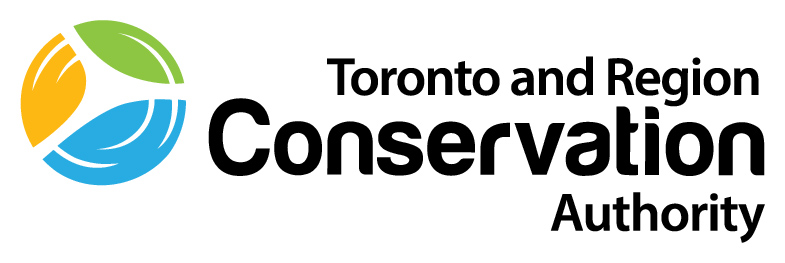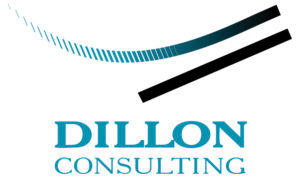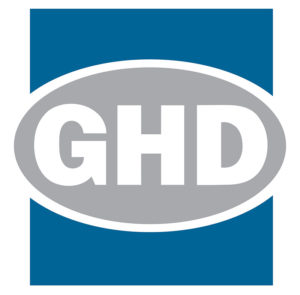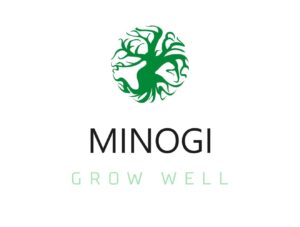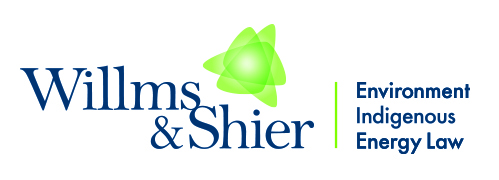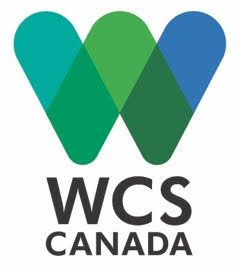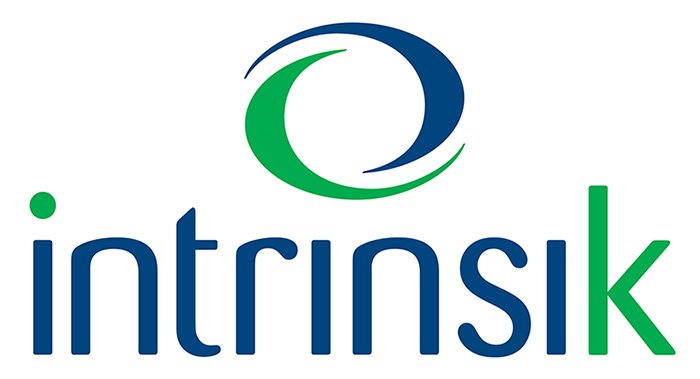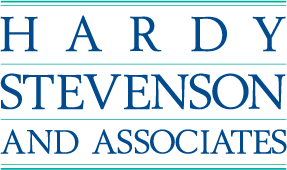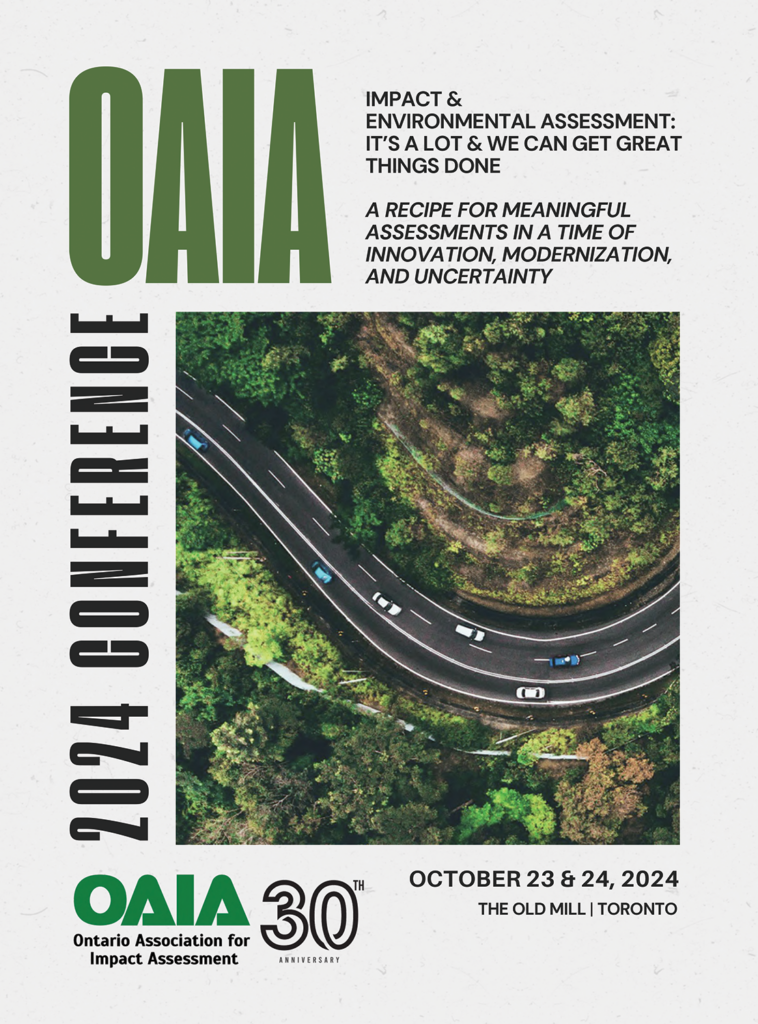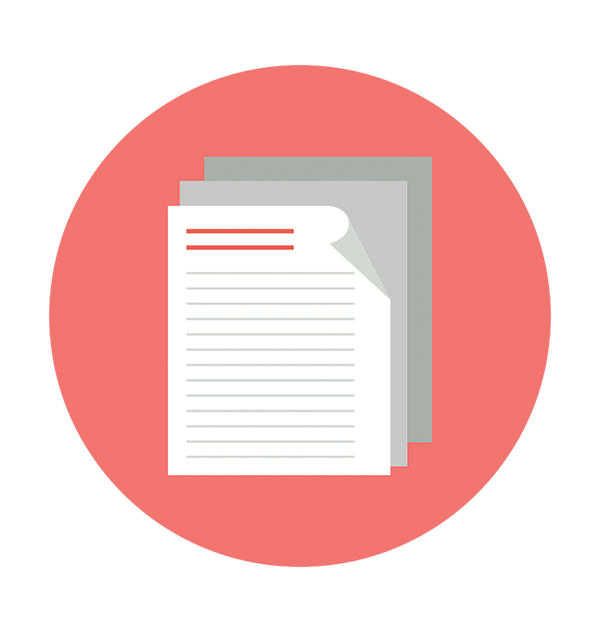Impact & Environmental Assessment: It’s a Lot & We Can Get Great Things Done - A Recipe for Meaningful Assessments in a Time of Innovation, Modernization, and Uncertainty
DATE: October 23rd – 24th, 2024
LOCATION: Old Mill Toronto, 21 Old Mill Road, Toronto
OVERVIEW:
Environmental Assessment (EA) and Impact Assessment (IA) practitioners are pulled in a lot of directions during the course of IA/EAs, with the goal of ensuring the process remains efficient, meaningful, informed, transparent, and inclusive. By prioritizing and focusing we can strike the correct balance ensuring robust, high-quality, and meaningful IA/EAs. So, while IA/EAs have become a catchall of ideas and aspirations, we can get great things done.
The conference will explore the notion of working in a time of innovation and modernization ensuring that the vision and principles for assessments are maintained all while not losing focus on the bigger picture questions.
Practitioners need to be well positioned to collect the right information, and conduct analysis with a view to maximizing outcomes and minimize impacts on Indigenous culture and traditions, health and socio-economic conditions, as well as archaeology, paleontology and the biophysical environment. With a vision to engage earlier and more effectively to build trusted relationships so that assessments can respond to the pertinent questions from participants at the onset rather than collecting information for information’s sake. Without questioning the bigger picture, we leave ourselves with the unsophisticated notion that EAs/IAs are simply too resource intensive.
Practitioners must also learn from Indigenous communities, respecting Indigenous knowledge as it should be and harmonizing this knowledge with western scientific methods in the assessment processes.
The complexity of information available to practitioners can seem daunting, this conference is intended to aid practitioners stay focused on the vision and not feel swung in different directions between streamlined processes, prioritizing information, and new technologies. The vision is for practitioners to learn to balance this wealth of information along with the emergence of new technology tools, mapping and database tools, and artificial intelligence. Are some practices more useful in certain circumstances? What does meaningful engagement look like on your project? Where is the sweet spot and how does the practitioner decide on it for different projects in different contexts?
2024 Video Presentations
YouTube Playlist (Sessions 1 – 7)
| Session 1.A: Innovations In Field Studies for EAs / IA – With Advancing Technology Are We Up to The Challenge? / Kimberly Laframboise HDR |
| Session 1.B: New Nuclear Project Impact Assessment in Canada: Navigating First-of-a-Kind Projects in an Uncertain Regulatory Landscape / Dr. Cole Atlin Independent IA Practitioner , Kieran Potter Calian Nuclear |
| Session 1.C: Impacts of Today’s Decisions in an Uncertain Tomorrow: A Review of Adaptation in the Mining Sector / Trennon Wint Student, University of Guelph |
| Session 1.D: Exploring the Landscape of Post-Environmental Assessment Support / David Kielstra Stantec Consulting Ltd. |
| Session 2.A: Modernizing Process & Maintaining Environmental Accountability / Neal Smith Peel Region, Sonya Bubas City of Mississauga |
| Session 2.B: York Region Sewage Works Project Report: A Case Study for Streamlined IA / Jasmine Biasi Jacobs, Katrina McCullough GHD |
| Session 3.A: Understanding Relationships as Critical Path for Project Delivery / Jeremiah Pariag Independent Consultant |
| Session 3.B: From the Ground Up: Webequie’s Recipe for Successful Indigenous-Led Projects / Marian Tibor-McMahon Independent Researcher & Engagement Specialist, Michael Fox Indigenous Community Engagement |
| Session 3.C: Innovative Approaches to Building Impact Assessment Capacity in Omushkego Communities / Caroline Coburn Odonaterra, Alana Graham (Mishkinakkwe/Turtle Woman) Mushkegowuk Lands & Resources |
| Session 4.A: Waasigan Transmission Line Comprehensive Environmental Assessment & Indigenous Engagement & Partnerships / Callum Squires WSP, John Chadwick Hydro One |
| Session 4.B: The Human Environment in EAs/IAs: Areas Building & Valuing Relationships / Faiza Waheed Intrinsik |
| Session 5.A: Changes to Federal Impact Assessment / Terence (Terry) Hubbard Impact Assessment Agency |
| Session 5.B: Update on Ontario’s Environmental Assessment Act / Peter Brown Ministry of the Environment, Conservation & Parks, Dilek Postacioglu Ministry of the Environment, Conservation & Parks |
| Session 6.A: Space for Indigenous Led Impact Assessments / Mina Patel WSP |
| Session 6.B: Lithium Hydroxide Conversion Plant in Quebec: Lessons Learned from a Voluntary EIA Using the Issue-Based Approach / Robert Young Hatch |
| Session 6.C: Modernizing While Maintaining Safety: Integrated Assessments for Designated Nuclear Projects / Kendra Warnock-Juteau Canadian Nuclear Safety, Claire O’Neill Sanger Impact Assessment Agency of Canada |
| Indigenous Oral History Walk – Post Walk Chat with Gary Pritchard / Gary Pritchard ~ Giniw (Golden Eagle) 4 Directions of Conservation Consulting Services |
| Session 7.A: Technology & the EA Process – Where to Focus? / Sabrina Stanlake-Wong Dillon Consulting Limited, Jessica Wright Dillon Consulting, Greg Hayes Dillon Consulting Limited |
| Session 7.B: Open Science & Data Platform: Empowering Canada’s Environmental and Impact Assessment Processes / Sonja Kosuta NRCan, The Office of the Chief Scientist |
| Session 7.C: CNSC Engagement Through Environmental Protection Reviews / Kendra Warnock-Juteau Canadian Nuclear Safety, Rebecca D’Onofrio Canadian Nuclear Safety Commission |
| Session 7.D: Enhancing Planning Operations & Decision-making through Automation & Data Insights at TRCA / Beth Williston Toronto & Region Conservation Authority, Mark McKnight Toronto & Region Conservation Authority |
2023 Conference Presentations
Available for Download in PDF Format
Official Conference Sponsors
Thank You to the Following Sponsors of the 2024 Conference

